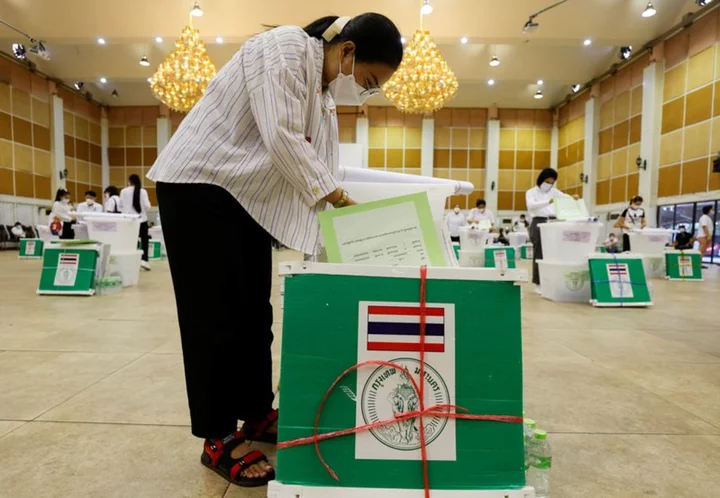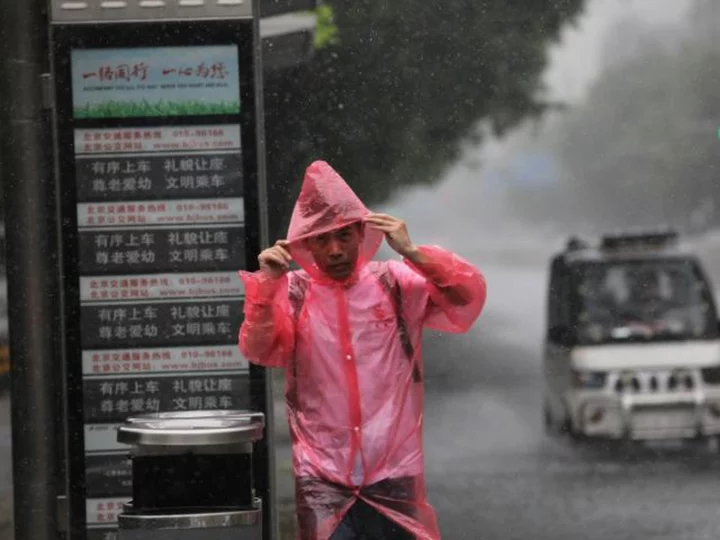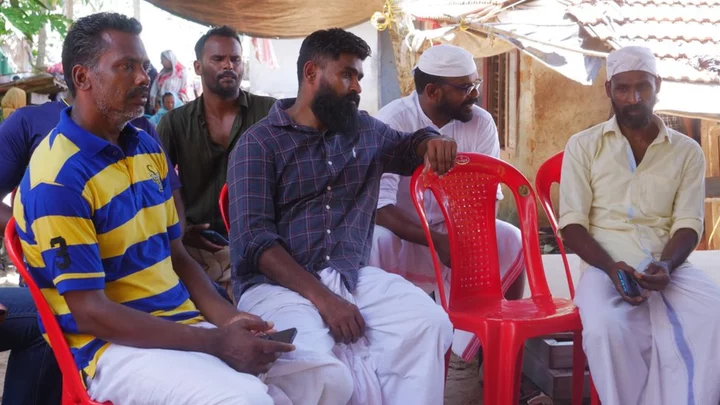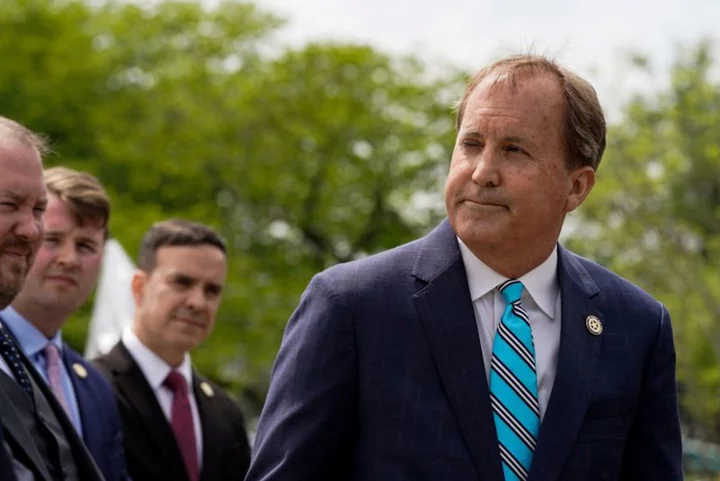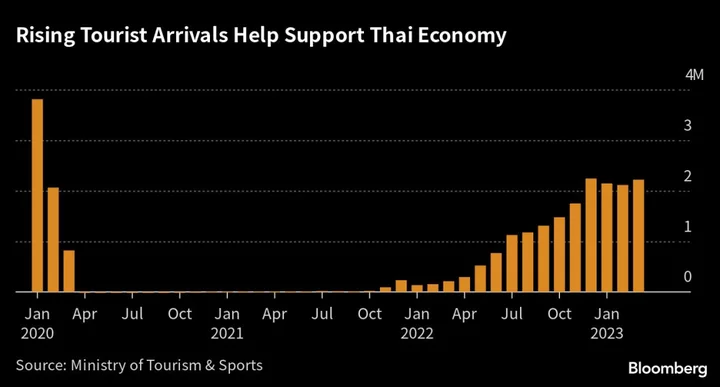By Chayut Setboonsarng and Napat Wesshasartar
BANGKOK Surrounded by adoring crowds packed inside stadiums and halls, the main prime ministerial candidates of Thailand's political parties made a final push to rally supporters on Friday, two days before a crunch general election.
After nearly a decade of a government led or backed by its royalist military, some 52 million eligible voters in Southeast Asia's second-largest economy will head to polling stations on Sunday.
"We must love each other. We are Thailand, we are a family," said Prime Minister Prayuth Chan-ocha, a former army chief who came to power with a 2014 coup and now leads the recently formed United Thai Nation party.
"If we are not elected, I won't be standing here ... will you miss me if I'm not here? Because I will miss all of you," he said, in an emotional plea, hoping to lead conservatives to victory over an opposition led by the populist Pheu Thai party, backed by the billionaire Shinawatra family.
A fierce competition between pro-military, royalist conservatives and a brash, technocratic opposition has defined Thai politics for nearly 20 years, much of it in turmoil that has included bloody street clashes and two coups.
Opinion polls show the Pheu Thai is likely to win most seats, continuing its string of strong performances in every vote since 2001, including twice in landslides.
Its candidates for prime minister include Paetongtarn Shinawatra, the youngest daughter of family patriarch Thaksin Shinawatra, and real estate mogul Srettha Thavisin - both of whom have limited political experience.
"May 14 will be a historic day. We will change from a dictatorship to a democratically elected government," Paetongtarn, 36, told thousands of supporters in her first rally after giving birth mid-campaign.
Move Forward Party, another key opposition group, has seen a late-stage surge and is banking on young people - including 3.3 million eligible first-time voters aged 18 to 22.
The party has promised big changes, ranging from tackling business monopolies and ending military conscription to amending a strict law on royal insults that critics say is used to stifle dissent.
"I believe that they will make Thailand a better place," said Thanarath Srisombat, 23, at the Move Forward rally. "Before this, I would have liked to move to another country, but now I want to be here and witness things improving."
POSSIBILITY OF PROTESTS
While the rivalry between old and new political forces is at the forefront of many voters' minds, the economy is also looming large in a country heavily reliant on tourism that was battered by the COVID pandemic.
The tourists, and growth, are making a comeback but high levels of household debt are clouding the outlook and all parties are promising bold fixes.
But a big question hanging over the election is whether the military-dominated establishment will let the will of the people take its course with the formation of a new government.
Under the 2017 constitution drafted by the military, the party that wins the most seats in the 500-seat House of Representatives could struggle to form a coalition because a 250-seat military-appointed Senate also votes for the prime minister.
There's always a possibility of a return to street protests if a party that wins big in the vote is denied the chance to take power by rules that many critics say were devised to enshrine military influence over civilian politics.
"If the voters are disenfranchised again, we should expect to see protests that will likely turn violent," said Fuadi Pitsuwan from Chiang Mai University's School of Public Policy, referring to the dissolution of political parties, including previous versions of Pheu Thai and Move Forward.
(This story has been corrected to fix the age of the supporter to 23, not 26, in paragraph 11 and changes spelling to Paetongtarn Shinawatra from Paethongtarn throughout)
(Additional reporting by Panarat Thepgumpanat; Writing by Devjyot Ghoshal; Editing by Martin Petty, Robert Birsel and Nick Macfie)

